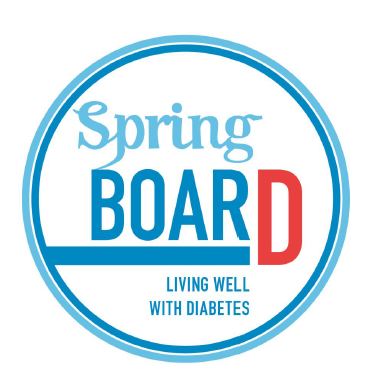Self-help for Depression and Diabetes-related Distress in People With Type 2 Diabetes (SpringboarD)
-
Project Leader (University of Melbourne)

Professor Jane Gunn+61 3 8344 4530
Project Details

This project is the first to rigorously examine the effectiveness of an innovative alternative to face-to-face mental health care for people with T2D and depression. Using every-day tools, including mobile phones, tablets, and computers, the project is examining whether use of fully automated, self-help cognitive behaviour therapy intervention, ‘myCompass’, reduces depressive symptoms in people with T2D. Also novel is the project’s focus on diabetes-related distress, that is, a person’s adjustment to the ongoing daily hassles specific to diabetes. Diabetes-related distress has recently been found by members of our research team to affect the link between depression and blood glucose control. This is important and suggests that addressing diabetes-related distress as part of depression treatment may help improve health outcomes for people with T2D.
There is huge opportunity to improve quality of life and health outcomes for people with T2D. A public health intervention that uses mobile phone and internet technologies, and targets depression and diabetes-related distress at the same time, has the potential to influence diabetes outcomes and primary care management of T2D in Australia and internationally.
Researchers
Professor Jane Gunn, Chief Investigator (Project Leader at University of Melbourne site) University of Melbourne
Dr Susie Fletcher, Research Fellow/Study Coordinator
Collaborators
Associate Professor Judy Proudfoot, Lead Investigator, University of New South Wales
Professor Kay Wilhelm, Chief Investigator, University of New South Wales
Professor Lesley Campbell, Chief Investigator, The Garvan Institute of Medical Research
Professor Nicholas Zwar, Chief Investigator, University of New South Wales
Mr Dusan Haszi-Pavlovic, Chief Investigator, Black Dog Institute
Funding
The SpringboarD Study is funded by an NHMRC Project Grant (2015)
Research Group
Faculty Research Themes
School Research Themes
Key Contact
For further information about this research, please contact the research group leader.
Department / Centre
General Practice and Primary Care
MDHS Research library
Explore by researcher, school, project or topic.